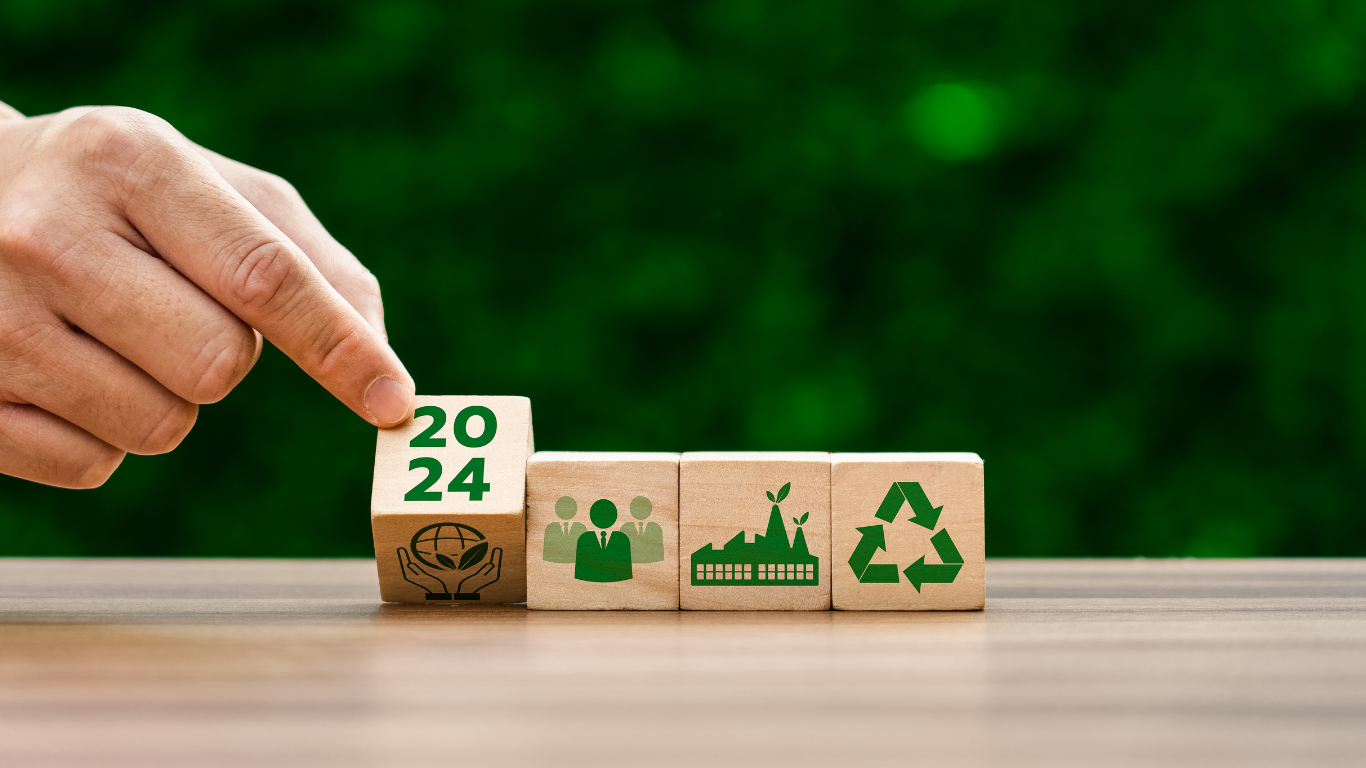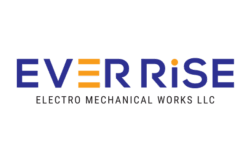
The United Arab Emirates (UAE) is renowned for its rapid urbanization and ambitious construction projects. As the nation continues to develop, there is an increasing focus on sustainability and green building practices. Mechanical, Electrical, and Plumbing (MEP) services play a crucial role in ensuring that these projects are not only efficient but also environmentally friendly. This article explores the integral role of MEP services in sustainable building projects in the UAE.
1. Energy Efficiency
One of the primary objectives of sustainable building is to reduce energy consumption. MEP services contribute significantly to this goal through the design and implementation of energy-efficient systems. High-efficiency HVAC systems, advanced lighting solutions, and smart building technologies are just a few examples of how MEP services enhance energy efficiency.
Advanced HVAC Systems
Modern HVAC systems are designed to provide optimal climate control while minimizing energy use. These systems often include variable speed drives, energy recovery ventilators, and advanced control systems that adjust based on real-time conditions. By integrating such systems, MEP services help buildings maintain comfortable temperatures with reduced energy consumption.
Smart Lighting Solutions
The integration of LED lighting and smart controls is another way MEP services contribute to energy efficiency. Smart lighting systems can adjust the brightness and usage based on occupancy and natural light availability, significantly reducing electricity consumption.
2. Water Conservation
Water scarcity is a pressing issue in the UAE, making water conservation a critical aspect of sustainable building. MEP services address this through the installation of efficient plumbing systems and water-saving technologies.
High-Efficiency Fixtures
MEP professionals often recommend and install high-efficiency plumbing fixtures such as low-flow faucets, dual-flush toilets, and water-saving showerheads. These fixtures reduce water usage without compromising performance.
Greywater Recycling
Greywater recycling systems collect and treat wastewater from sinks, showers, and washing machines for reuse in irrigation and flushing toilets. This practice significantly reduces the demand for fresh water and supports sustainable water management.
3. Renewable Energy Integration
The UAE’s commitment to renewable energy sources is reflected in its building projects. MEP services play a pivotal role in integrating renewable energy systems into buildings, reducing reliance on fossil fuels.
Solar Energy
Solar panels and solar water heaters are becoming common features in sustainable buildings. MEP services include the design and installation of photovoltaic systems that convert sunlight into electricity, providing a clean and renewable energy source for buildings.
Wind Energy
In areas where wind resources are abundant, MEP engineers may incorporate wind turbines to generate electricity. These systems contribute to the overall energy mix, enhancing sustainability.
4. Indoor Environmental Quality
Sustainable buildings prioritize the health and well-being of occupants. MEP services are essential in creating indoor environments that are comfortable, healthy, and conducive to productivity.
Ventilation and Air Quality
Proper ventilation systems ensure a constant supply of fresh air while removing indoor pollutants. Advanced filtration systems and air purifiers can further enhance indoor air quality, providing a healthier environment for occupants.
Thermal Comfort
MEP services also focus on maintaining optimal thermal comfort. Well-designed HVAC systems ensure consistent temperature and humidity levels, enhancing the overall comfort of building occupants.
5. Building Automation and Smart Systems
The integration of building automation systems (BAS) is a hallmark of sustainable building projects. These systems allow for centralized control and monitoring of various building functions, leading to improved efficiency and sustainability.
Energy Management Systems
Energy management systems (EMS) are a component of BAS that track and optimize energy usage. These systems provide real-time data and analytics, allowing building managers to identify inefficiencies and implement corrective measures.
IoT and Smart Sensors
The Internet of Things (IoT) and smart sensors are increasingly used in MEP systems to monitor and control building operations. These technologies enhance the ability to maintain energy efficiency, water conservation, and indoor environmental quality.
6. Compliance with Green Building Standards
MEP services are integral to achieving certifications from green building rating systems such as LEED (Leadership in Energy and Environmental Design) and Estidama. These certifications are benchmarks of sustainability and provide guidelines for the design, construction, and operation of green buildings.
LEED Certification
To achieve LEED certification, buildings must meet specific criteria related to energy efficiency, water conservation, and indoor environmental quality. MEP services ensure that all mechanical, electrical, and plumbing systems comply with these standards.
Estidama Pearl Rating System
The Estidama Pearl Rating System, developed specifically for the UAE, focuses on sustainable development practices. MEP professionals play a critical role in designing systems that meet Estidama’s stringent requirements, contributing to sustainable urban growth.
MEP services are at the forefront of sustainable building projects in the UAE, driving energy efficiency, water conservation, and the integration of renewable energy sources. By prioritizing indoor environmental quality and leveraging advanced technologies, MEP services ensure that buildings are not only environmentally friendly but also comfortable and efficient. As the UAE continues to pursue its sustainability goals, the role of MEP services will become increasingly vital in shaping a greener future.
